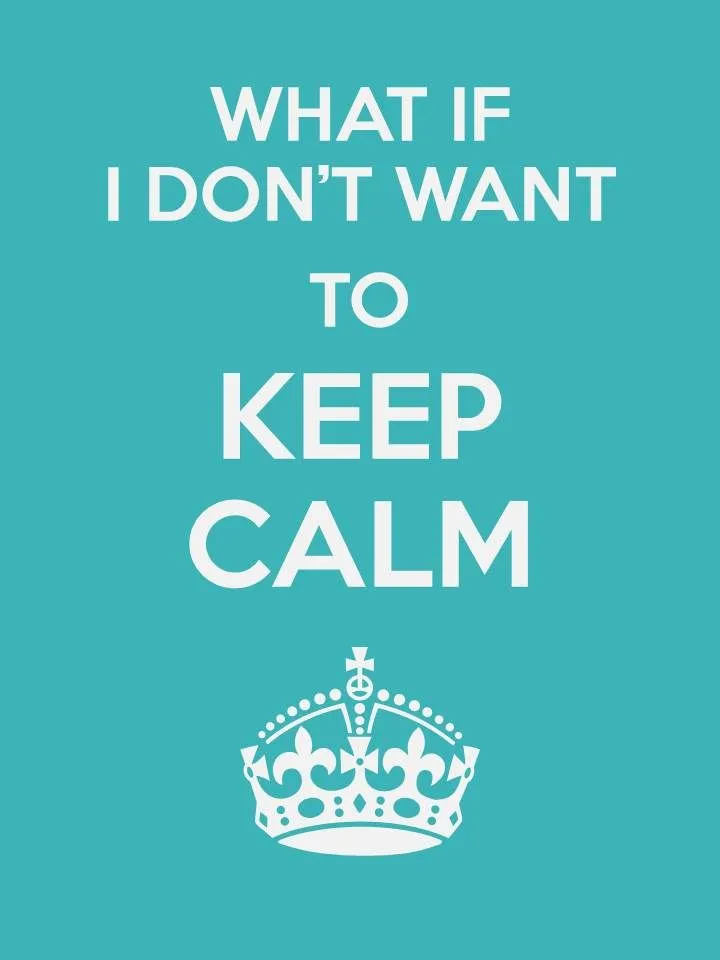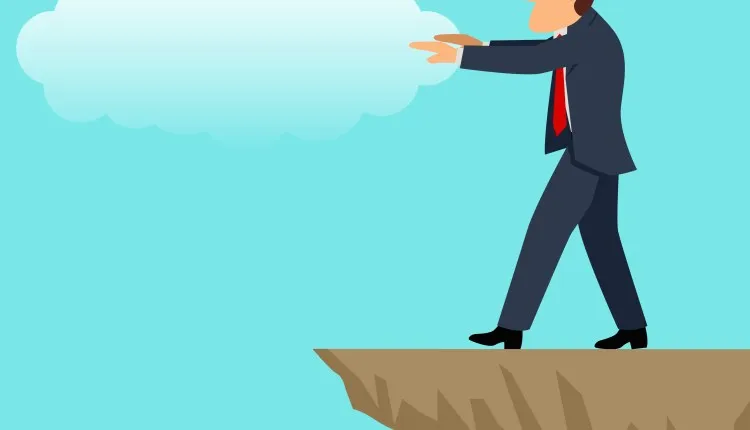I caught myself catastrophising the other day. I had consumed a lot of media content about the ‘threat of the unvaccinated’ propaganda. I started to feel paranoid and hounded. Then I started to worry that the people I mix with socially where going to exclude me. I imagined my best friend secretly reporting me for not being vaccinated. I tried to make an appeal for why they shouldn’t kick me out of their club. They were all so brainwashed I just got empty blank looks. Then they voted to exclude me and I was removed from the premises.
This didn’t happen. I had allowed my negative thoughts to cascade into imagining this fictitious scenario.

Grace Notes by Sadell Bradley
Catastrophising
which I define as the cascade of negative thoughts which culminate in viewing the situation in the worst light possible.
Physchology Today defines Catastrophizing as a cognitive distortion that prompts people to jump to the worst possible conclusion, usually with very limited information or objective reason to despair.
My defence used to be if you expect the worse you can prepare for it somehow (probably the result of really bad stuff which happened during my childhood). So you put your defences up and look out for threats. Unfortunately, bad things still happen.
We live in extremely uncertain and volatile times. We are in the midst of a pandemic with currently no clear end in sight. If anything a sober assessment of the future says we are looking at a breakdown crisis.
At the same time the main stream media is whipping up fear and entire nations are being deliberately catastrophised.
Catastrophising serves two functions;
- A coping strategy to prevent risk that arises from uncertainty
- To motivate by use of fear
Catastrophising at its root is about our habitual response to challenges and shortcomings. It is entirely bound up with feelings and thoughts surrounding failure.
Catastrophising is sure path to depression and anxiety. Dwelling too long on the very real catastrophes facing us can make us feel hopeless and sad. It creates apathy. Physically our brains produce less serotonin and dopamine which we try and seek to balance through other means like drugs or Netflix.
There are counter measures you can deploy against catastrophising. First I had to admit that the thoughts I was having where becoming repetitious and upsetting. Then I started to be suspicious of them. How likely was being kicked out of my club?
Finally, before I tentatively shared what I had been deeply worried about all week, I started to see my thoughts from a different perspective. After that I was able to calm my thoughts down.

Pinterest.com
What a waste of a week when I could have been doing something more productive. That is the real secret to fighting feelings of catastrophe. Motivate yourself by what you want to do and focus on that. I always feel better when I’m writing and keeping busy.
There is no doubt that even more uncertainty awaits us in the future. From my catastrophic perspective I see us lurching from crisis to crisis in the immediate future. However, I also feel more sure today that I’m prepared to stand up for what I believe is right whatever comes.
Courage is not the absence of fear, but the judgment something else is more important than fear.
Ambrose Redmoon, American beatnik.

